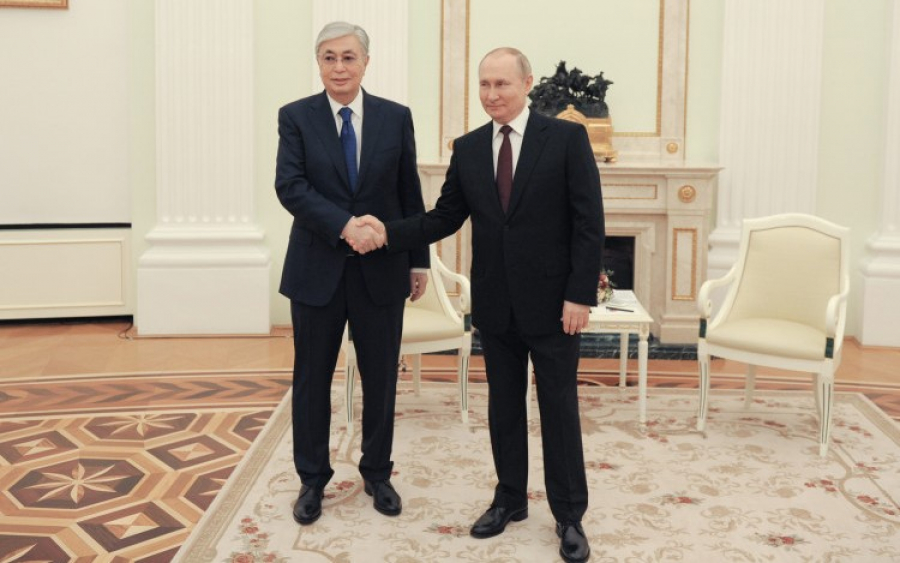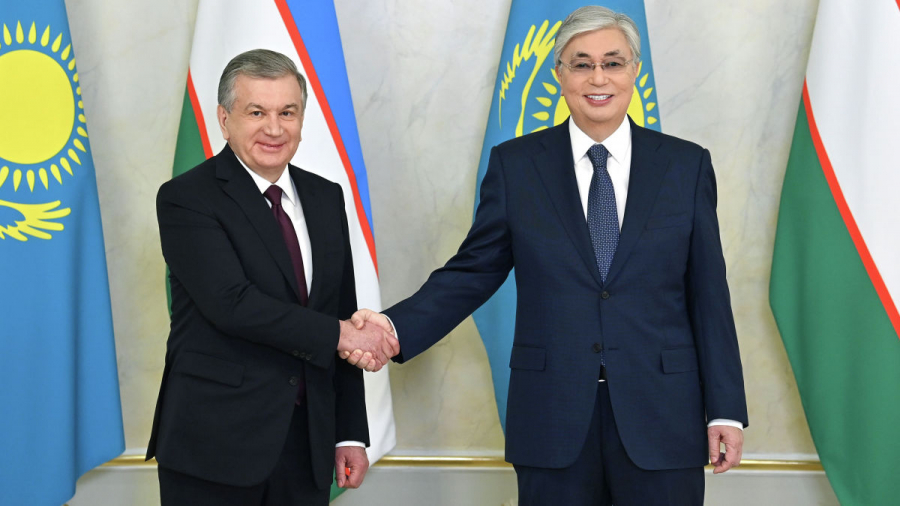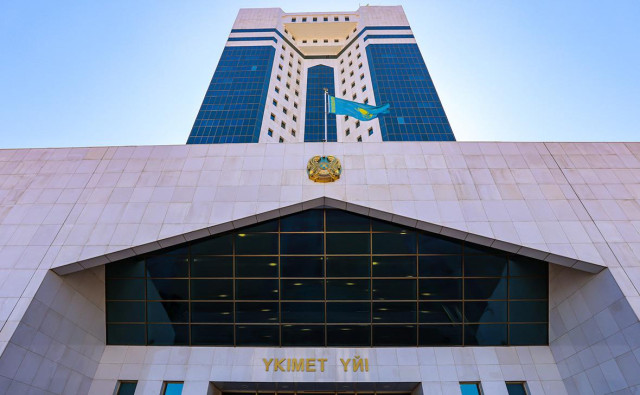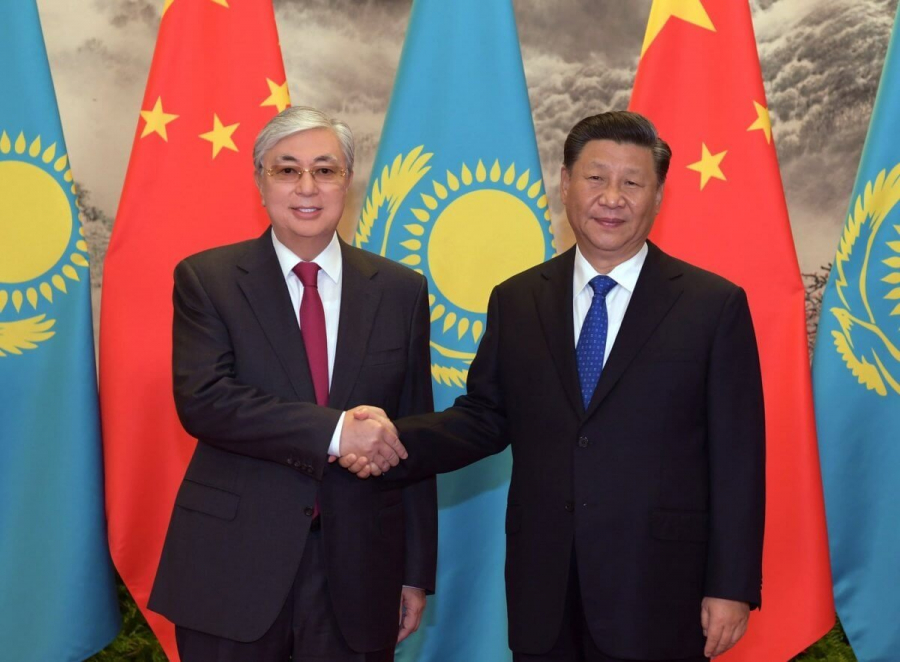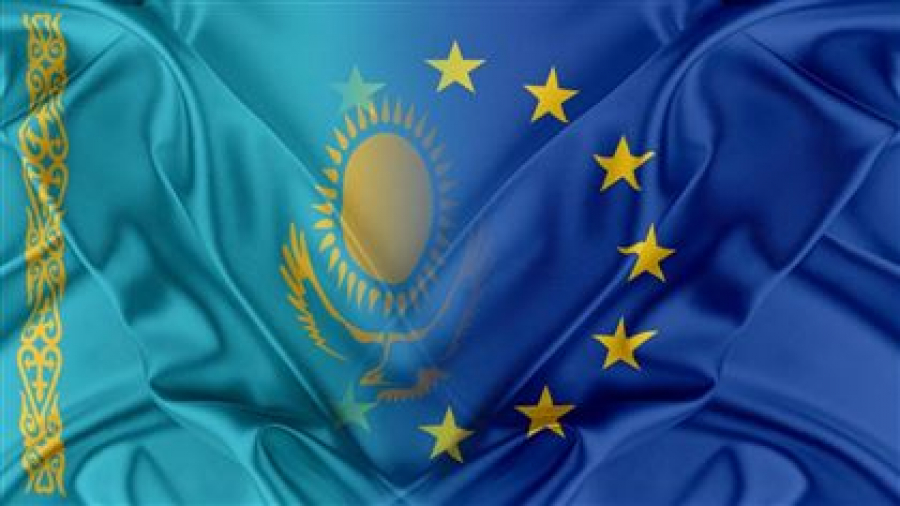Mazhilis approves agreement on cooperation between Kazakhstan and Russia on missile launching from Baikonur Cosmodrome
Kazakh-Russian cooperation on the Baikonur complex will expand. Members of the Mazhilis, the Lower House of the Kazakh Parliament, approved a bill that regulates the procedure for launches of carrier rockets of the “Soyuz-2” type from the Cosmodrome and the use by the Russian side of the fall area of separating parts on the territory of Kostanai region. According to the relevant department, the local governor’s office will receive compensation in the amount of US$460,000. It is envisaged that additional US$50,000 will be paid for each launch.
“The fall area will be used only a few times a year under easement conditions. During this period of three to six days, access to the fall area will be closed in order to ensure the safety of people and pets. The rest of the time there will be no restrictions on staying in the fall area and its use for grazing livestock. It is safe for people to live outside the fall area,” said Bagdat Mussin, Kazakh Minister of Digital Development, Innovations and Aerospace Industry.
The minister noted that the requirements of environmental organizations were taken into account in the agreement. The use of the fall area of the missile units will be limited during the period of calving of saiga antelopes and nesting of birds. This means that there will be no launches from April to June. Bagdat Mussin also highlighted that during missile testing, experts will use natural and safe fuel made of a mixture of kerosene and oxygen. Domestic experts were involved in the monitoring.
“During each launch of carrier rockets, work will be carried out on the hygienic assessment of the habitat of nearby settlements, samples of environmental objects will be taken, and the health status of the population will be screened,” Mussin added.
The ratification of the agreement will allow creating a legal basis for launching devices to implement the One Web project on providing broadband Internet access to the whole world.
Translation by Saniya Sakenova
Editing by Galiya Khassenkhanova


